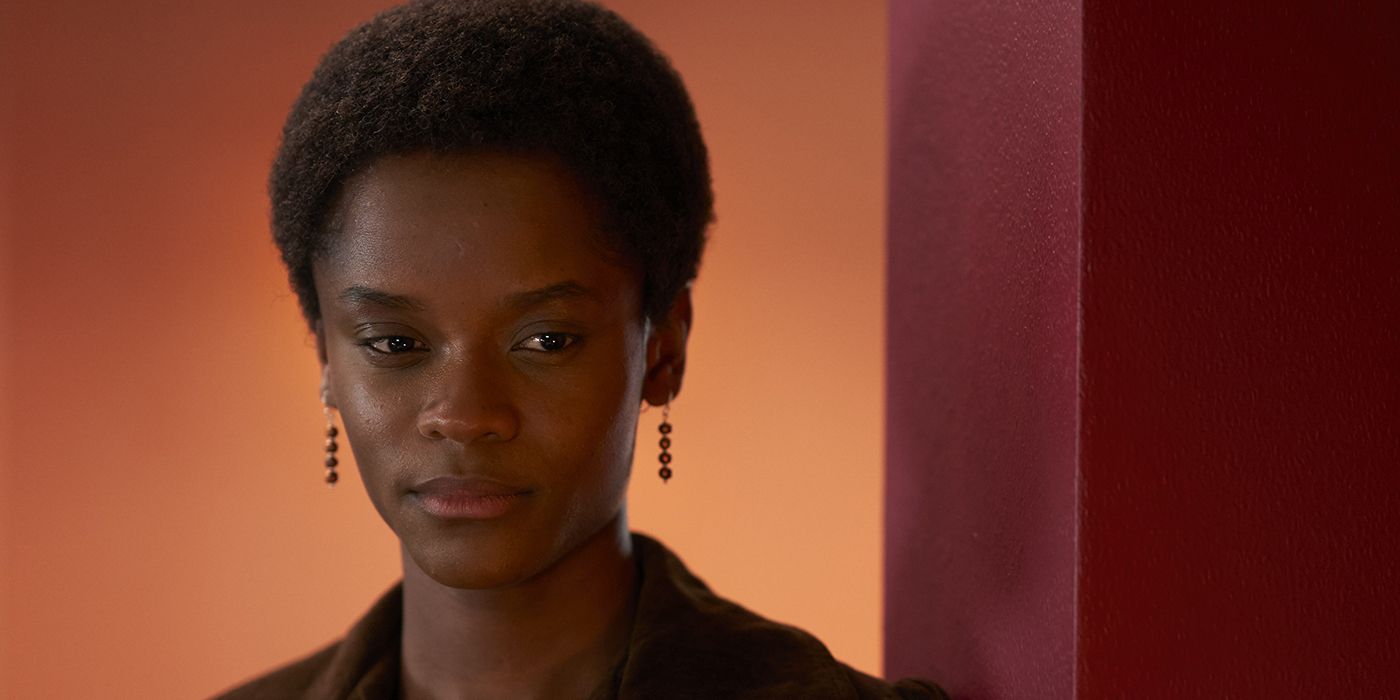Beyond 'Blitz': Exploring Steve McQueen's Five-Film Saga That Redefines Mastery

While it might be easy to confuse Steven McQueen with the legendary name from Hollywood’s “Golden Age,” this director has carved his own path, with a body of work that is as engaging as it is unflinching. Let’s face it: McQueen isn’t just a filmmaker; he’s a relentless observer of the human condition, which, if you ask me, is what true artistry is all about. Whether he’s exploring the gritty realities of a prison strike in Hunger, the agonizing depths of sexual addiction in Shame, or the harrowing truths of slavery in 12 Years a Slave, McQueen doesn't shy away from the heavy stuff. And then there’s Widows, which boldly tackles the tangled web of racism and sexism in the Windy City. His films are like a beautifully crafted house of cards—once you start pulling, you just can’t help but reveal the stunning complexities of struggle and suffering.
But if we’re talking peaks here, McQueen’s monumental achievement might just be the five-part anthology series Small Axe, which graced screens in 2020 via Amazon Prime Video. Of course, it’s a bit of a trend for revered filmmakers to pivot to television these days, but McQueen’s vision for Small Axe feels uniquely his own—a breath of fresh air amidst the usual suspects like Alex Garland’s Devs or Lynch’s disorienting Twin Peaks: The Return. Can we take a moment to appreciate that this series is not just a collection of episodes, but rather five standalone films, each one highlighting the intricate lives of West Indian immigrants in England from the 1960s to the 1980s? It’s an audacious tapestry that illustrates not just a shared experience, but a rich culture grappling with systemic challenges.
Small Axe doesn’t serve up a neat narrative bow; instead, it’s a collage of human experiences that, when pieced together, offers a startling portrayal of Black life in Britain during a tumultuous period. Take Mangrove, for instance—this piece centers on the notorious “Mangrove Nine” from 1971, a gripping court case involving Black British activists who dared to protest outside a Caribbean restaurant. Contrast that with Lovers Rock, an exquisite vignette capturing a romantic evening through the euphoric haze of a reggae party in 1980, filled with lyrical beauty and pure emotion. On the other end of the spectrum, Red, White, and Blue, an electrifying drama, peels back the layers of racism within the London Metropolitan Police as John Boyega’s Leroy Logan encounters the brick walls of institutional bigotry.
Then there's Alex Wheatle, where Sheyi Cole plays a young Black British man who transforms his time in prison into a creative renaissance. Finally, we arrive at Education, a heartfelt piece where mother Agnes (played with tenderness by Sharlene Whyte) navigates the painful disparities her son, Kingsley Smith (Kenyah Sandy), faces in an educational system that’s less than equitable. It’s as if McQueen has cultivated these narratives not just to depict struggles, but to illuminate the beauty and richness of a community oft overlooked by mainstream narratives.
Each chapter of Small Axe operates independently yet speaks to the broader issues facing Black Britons, particularly during an era when the chasm between their realities and that of their white counterparts was alarmingly evident. Mangrove is a complex tapestry of activism that outshines even the dramatic retelling of The Trial of the Chicago 7, revealing a judiciary system dismissive of Black voices. Meanwhile, Lovers Rock dances on the edge of conventional romantic comedy, immersing the audience in a vibrant microcosm of joy that mainstream cinema often neglects.
While episodes like Education and Alex Wheatle dive into the specifics of identity and culture, McQueen’s lens invites viewers to witness the depth of these experiences, avoiding the pitfall of reducing them to mere historical footnotes. The series, with its unique anthology format, empowers McQueen to flex his stylistic muscles, oscillating between the historically weighty and the joyfully lyrical. With Mangrove, you can feel that heavy cloud of historical significance, while Lovers Rock embraces an effortless, spontaneous vibe reminiscent of the French New Wave—offering something refreshing, unexpected, and oh-so-inviting.
In short, Small Axe is not just another series; it’s a loving homage to the Black British experience, conveying both struggle and triumph. Within its episodes, we find a generous dose of humor softened with profound intimacy—a glorious balance that only McQueen could master. It strikes me that even with its heavy themes, this series offers a reminder that our stories, no matter how fraught, are worth telling. As it twirls around the platforms of Amazon Prime Video, one can only hope that it reaches wide audiences because history has a funny way of teaching us, especially when it’s told with such grace and ferocity. So grab that popcorn and prepare for a journey; McQueen's Small Axe is an experience worth savoring!

